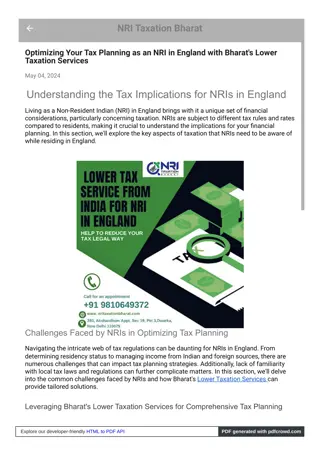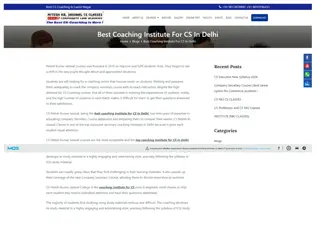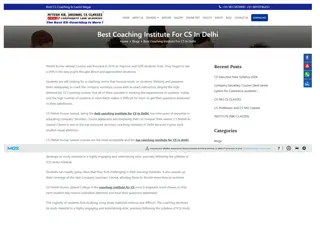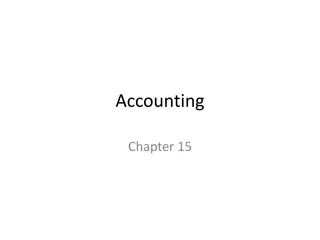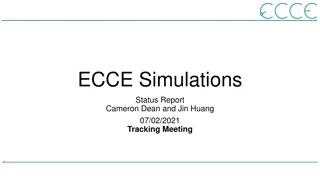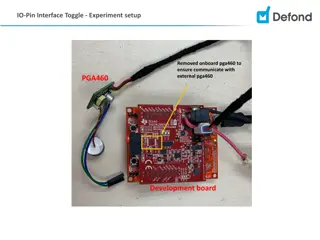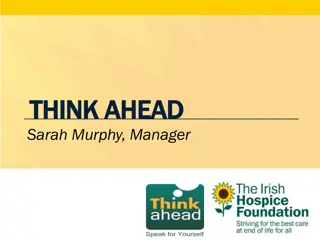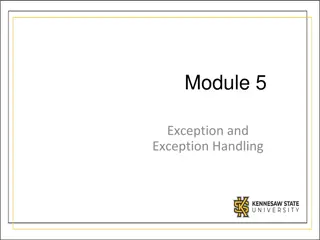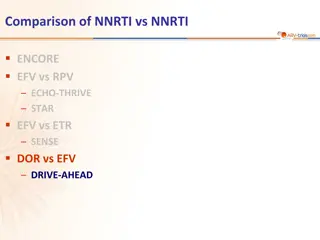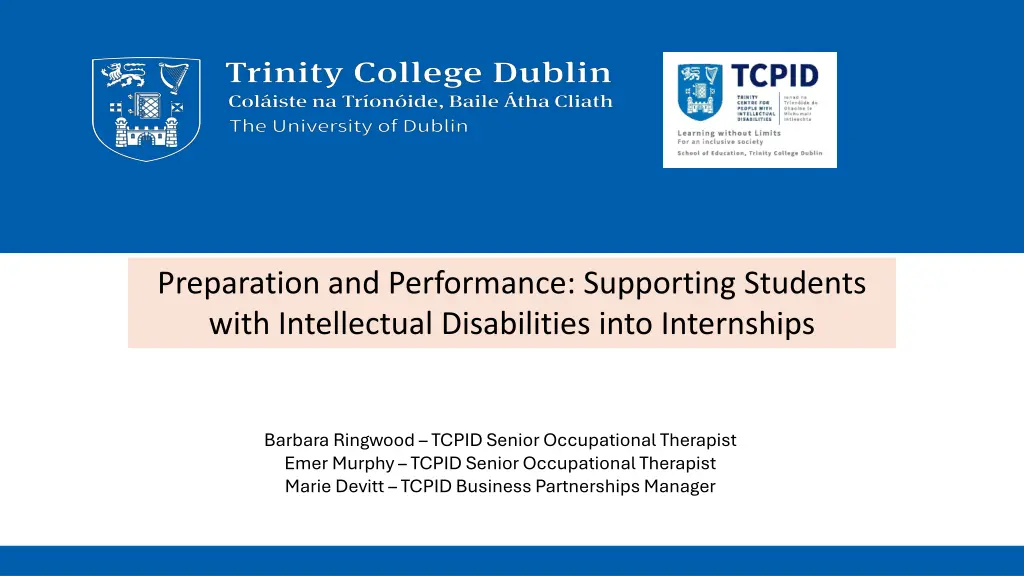
Supporting Students with Intellectual Disabilities: Internship Strategies
Explore how the TCPID program assists students with intellectual disabilities in securing internships. Learn about the structured format, challenges faced, and strategies for success in this inclusive initiative.
Download Presentation

Please find below an Image/Link to download the presentation.
The content on the website is provided AS IS for your information and personal use only. It may not be sold, licensed, or shared on other websites without obtaining consent from the author. If you encounter any issues during the download, it is possible that the publisher has removed the file from their server.
You are allowed to download the files provided on this website for personal or commercial use, subject to the condition that they are used lawfully. All files are the property of their respective owners.
The content on the website is provided AS IS for your information and personal use only. It may not be sold, licensed, or shared on other websites without obtaining consent from the author.
E N D
Presentation Transcript
Preparation and Performance: Supporting Students with Intellectual Disabilities into Internships Barbara Ringwood TCPID Senior Occupational Therapist Emer Murphy TCPID Senior Occupational Therapist Marie Devitt TCPID Business Partnerships Manager
What is the format of the TCPID programme? Business Partner Network A Structured College Programme Student / Graduate Support
Barrier Bingo
1 2 3 1 2 3 5 6 4 5 6 8 9 7
1. Yes! Worried about saying the wrong thing or getting something wrong. Offending someone.
2. Yes! Impact on benefits.
3. Yes! Being treated differently from other people.
4. Yes! Complicated job applications
5. Yes! Lack of previous experience/knowledge of work or work role.
6. Yes! Not finding the right work for a person.
7. Yes! Knowing what jobs are available
8. Yes! Feeling worried or not having confidence about skills or getting the right support.
9. Yes! Lack of education or understanding about intellectual disabilities.
1 1 2 2 3 3 Worried about saying the wrong thing or getting something wrong. Offending someone. Impact on benefits. Being treated differently from other people. 4 5 6 Complicated job applications. Lack of previous experience/knowledge of work or work role. Not finding the right work for a person. 7 8 9 Feeling worried or not having confidence about skills or getting the right support. Lack of education or understanding about intellectual disabilities. Knowing what jobs are available
Thank you Barbara Ringwood bringwoo@tcd.ie Emer Murphy murphe78@tcd.ie Marie Devitt devittma@tcd.ie

